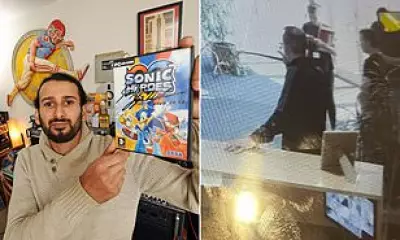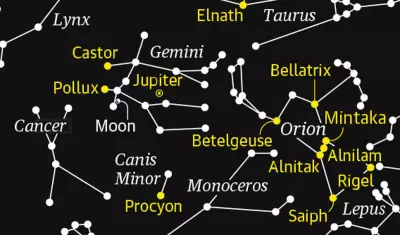
In an era where artificial intelligence is reshaping everything from music composition to visual arts, an unlikely historical parallel is emerging from the early 19th century. The Luddite movement, often misunderstood as mere technophobes, actually provides profound lessons for today's cultural workers navigating the AI revolution.
The Real Story Behind the Luddites
Contrary to popular belief, the original Luddites weren't simply opposed to technology. These textile workers in Regency England were protesting against the unfair implementation of machinery that threatened their livelihoods and craftsmanship. Their rebellion against automated looms wasn't about rejecting progress, but about demanding a say in how technology affected their lives and work.
This historical context offers a powerful lens through which to view today's debates about AI in creative fields. Much like the industrial revolution's power looms, AI tools are challenging traditional creative processes and raising fundamental questions about authorship, skill, and economic survival.
Opera's Unexpected Role in the AI Conversation
The world of opera, often seen as a bastion of tradition, has become an unexpected battleground for these discussions. Recent developments have seen AI systems capable of composing music that mimics classical styles, generating librettos, and even creating virtual performances.
This technological incursion into one of humanity's oldest art forms highlights the tension between preservation and innovation that characterised the Luddite era. Today's artists, like their 19th-century counterparts, are grappling with how to integrate new tools without sacrificing the human essence of their craft.
Lessons from the Past for Our AI Future
- Resistance isn't rejection: The Luddites weren't anti-technology; they were pro-fairness. Similarly, today's concerns about AI often focus on equitable implementation rather than the technology itself.
- Skill evolution is inevitable: Just as industrial machinery created new roles while displacing others, AI is reshaping creative job markets and required skill sets.
- Human touch remains invaluable: Despite technological advances, the emotional resonance and cultural context that human artists bring to their work continues to distinguish their creations.
Navigating the New Creative Landscape
As AI becomes increasingly sophisticated, the creative industries face a choice: resist change entirely or find ways to harness these tools while protecting artistic integrity. The Luddite movement reminds us that technological transitions are never just about the machines themselves, but about the social and economic systems they disrupt.
Rather than repeating history's conflicts, today's cultural sector has an opportunity to learn from the past. By engaging in dialogue about ethical implementation, supporting skills development, and recognising the enduring value of human creativity, we can shape an AI future that enhances rather than replaces artistic expression.
The conversation has moved beyond simple acceptance or rejection. The real challenge, as both history and current developments show, is ensuring that technological progress serves human creativity rather than subsuming it.






